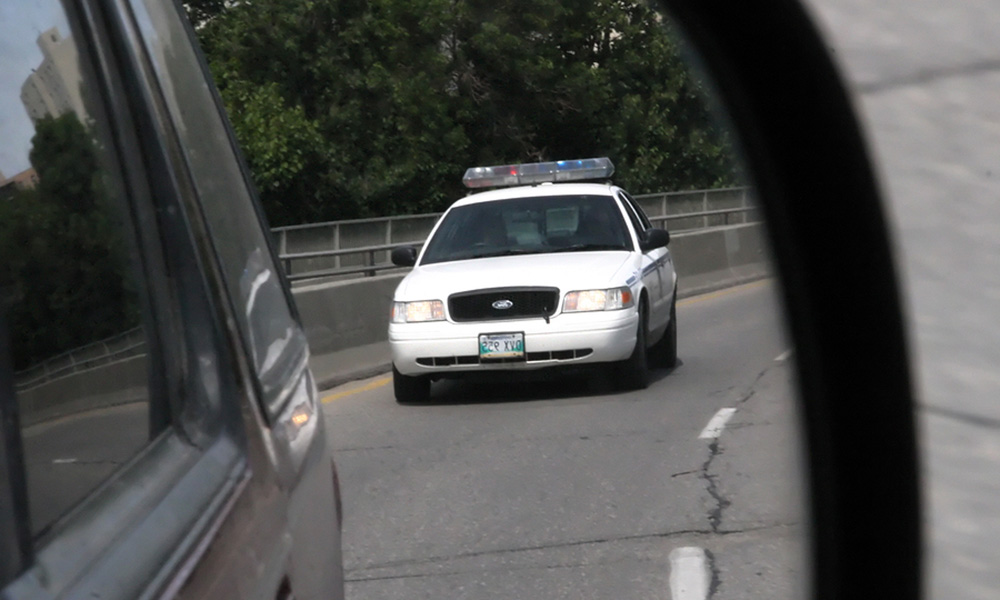In the state of New York, what should you do if you learn that another state has issued a warrant for your arrest? Can an assault and battery law firm help?
Can you be arrested in one state on the basis of a warrant that has been issued another state?
Keep reading, and you’ll learn what your legal rights and options are in the state of New York if you are named in another state’s arrest warrant.
Of course. we’ve all heard about arrests warrants from television shows and the movies, and even the phrase “arrest warrant” brings to mind heavily-armed and helmeted police officers breaking through doors, waving weapons, and screaming orders at criminal suspects.
The reality of executing arrest warrants, however, is almost always considerably less dramatic.
WHAT HAPPENS WHEN AN ARREST WARRANT IS ISSUED?
Generally speaking, for an arrest warrant to be issued, it means that someone has missed a court appearance or is being charged with committing a crime.
When an arrest warrant is issued, it is entered into national law enforcement databases, and the suspect named in the warrant may be arrested anywhere in the United States.
However, the reality is that most persons who are taken into police custody on the basis of an out-of-state arrest warrant are arrested during traffic stops – when the police officer who made the stop “runs” the motorist’s driver’s license – or in some other mundane, non-dramatic incident.
Breaking down doors happens a lot on television crime shows, but it is genuinely rare in real life.
HOW ARE OUT-OF-STATE WARRANTS HANDLED IN NEW YORK?
Will you be arrested in New York if another state has issued an arrest warrant with your name on it?
Like so many questions about criminal law, the answer is, “It depends on the circumstances and details.”
How an out-of-state warrant is handled depends on the nature of the criminal charges and the amount of effort and resources the warrant-issuing state is willing to put into the case.
Under federal law, a valid arrest warrant issued by any state can be executed in any other state, but that does not automatically mean that every person named in an arrest warrant will be hunted down, taken into custody, and extradited back to the warrant-issuing state to stand trial.
What happens depends on a variety of factors. If you were arrested in Georgia, a Georgia criminal defense attorney can help.
WHAT IS EXTRADITION AND HOW DOES IT WORK?
The only court that can try a defendant for a criminal charge is a court in the criminal jurisdiction – that is, in the state – where the crime was allegedly committed.
Thus, if you are arrested in New York for a crime that you allegedly committed in New Jersey or California, you will have to be returned there – what the law calls “extradited” – to be placed on trial.
The Extradition Clause of the U.S. Constitution requires a state, upon the demand from another state, to deliver a fugitive suspected of committing a “treason, felony or other crime” to the state where the crime was allegedly committed.
To fulfill this constitutional obligation, almost all of the states, including New York, and with the exception of only Missouri and South Carolina, adhere to extradition guidelines set forth by the Uniform Criminal Extradition Act (UCEA).
The UCEA sanctions the arrest of a fugitive who is accused of committing a crime by another state if the crime is punishable upon conviction by at least one year in jail.
For serious crimes, extradition is common and routine.
If you are arrested in New York for a crime committed in another state, or vice-versa, should you fight extradition?
SHOULD DEFENDANTS REQUEST EXTRADITION HEARINGS?
Whether or not to fight extradition depends on the nature of the charge and whether or not you gain an advantage by waiving extradition.
In the Long Island/New York City area, seek the advice of an experienced Long Island criminal defense attorney regarding any out-of-state warrant or extradition hearing.
Extradition can be a complicated, confusing legal topic, so you must have an experienced defense attorney’s insights and advice.
Let’s say the charges filed against you in another are misdemeanors.
In some cases, waiving your right to fight extradition can be used as a bargaining chip when negotiating with the prosecutor in the warrant-issuing state to have the charges against you reduced or dropped.
Your cooperation in such a case will probably taken into account.
In other cases, your attorney may advise you to request an extradition hearing and fight extradition.
Every case, every arrest warrant, and every extradition situation is unique, so you must have the advice of an experienced criminal defense lawyer before you sign any document or even speak to prosecutors or the police.
If you are arrested on an out-of-state arrest warrant, exercise – politely – your right to remain silent until you can consult with your attorney.
WHAT ABOUT INTERNATIONAL EXTRADITION?
International extradition is rare. Generally speaking, under U.S. law, extradition may be granted only to nations that have an extradition treaty with the United States.
All extradition treaties agreed to by the United States require a foreign nation’s request for extradition to be submitted through diplomatic channels, usually through the that nation’s embassy in Washington and then to the U.S. State Department.
If a foreign nation’s request for extradition is in order, an attorney in the State Department will prepare a certificate confirming the existence of an extradition treaty and confirming that the crime or crimes are extraditable.
That certificate and the original extradition request are then forwarded to the U.S. Department of Justice.
The request can then be forwarded to the appropriate U.S. Attorney, who at that point will obtain a warrant for the suspect’s arrest.
WHAT HAPPENS WHEN U.S. FUGITIVES FLEE TO OTHER NATIONS?
If New York or any other state wants to prosecute a criminal suspect who has been located in a foreign country, that state must funnel its extradition request through the federal government, which will negotiate the extradition with the foreign country.
However, most states, in most cases, will not go to the effort of extraditing a suspect from a foreign country except for the most serious crimes.
If an arrest warrant in New York or anywhere else has your name on it, an experienced Long Island criminal defense attorney can review the warrant and the other details of your case and help you fight extradition – if fighting extradition is the best strategy in your own situation.
Anyone named in any arrest warrant is going to need sound and trustworthy legal advice as quickly as possible.















Comments are closed.